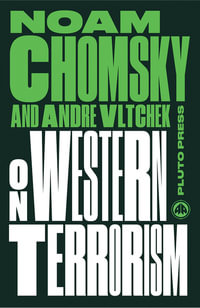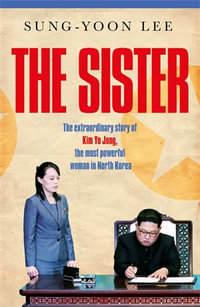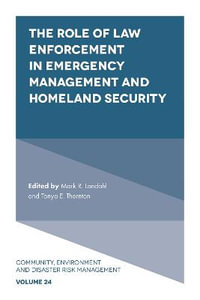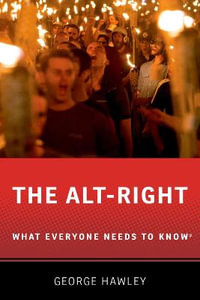Hideout in the Apocalypse is about surveillance and the crushing of Australia's larrikin spirit. The government knew when it introduced the panopticon, universal surveillance, that it would have a devastating impact on the culture.
If people know they are being watched they behave differently. Dissent is stifled, conformity becomes the norm, the population easier to manage.
At the same time the Australian government has prosecuted the greatest assault on freedom of speech in the nation's history. The media is highly manipulated, and journalists closely monitored. They are now classified as Persons of Interest for the nation's security agencies, an outlandish assault on the Fourth Estate.
A democracy in name only, in Australia the war on terror has become a war on the people's right to know, justifying an unprecedented expansion of state power.
Forced by a plethora of new laws targeting journalists to use novelistic techniques, in his latest book veteran news reporter John Stapleton confirms the old adage, truth is stranger than fiction.
Industry Reviews
In this striking mix of fact and fantasy, Australian journalist John Stapelton uses his decades of experience in news gathering to portray the 'security state' that Australia has become. The dramatic shutdown between freedom of speech and reams of new legislation by the government is placing ever more ludicrous restrictions on journalists. The Australia that I encountered on a visit a few years ago was a friendly, freedom loving place. But according to Mr. Stapleton's book it is changing beyond all recognition. The "Great Southern Land" was founded by convicts, and has always had a healthy anti-authoritarian streak. That was one of its major attractions to people around the world. Unfortunately, the advent of new technologies has given unlimited power to some of the lower elements of Australia's security apparatus, with the country looking more like the Surveillance State that my America has become. A dark totalitarian stain is spreading across what was once one of the world's most optimistic democracies. As I understand it, in order to avoid being jailed under some of the most restrictive legislation in the Western world, Mr. Stapleton was forced to use 'literary techniques' to tell the story of how his homeland is becoming more and more repressive. Harkening back to the 1959 movie "On the Beach," Australia was once a place to hide out and escape the impending apocalypse. But even this far off place is no longer safe; it has been betrayed by the very people elected to protect it. I highly recommend this book to freedom loving people everywhere. William Bradford.
The late-life burst of creativity from veteran journalist John Stapleton is remarkable to observe. I follow his work with great interest. A worthy successor to Terror in Australia: Workers' Paradise Lost, with Hideout in the Apocalypse he marches into territory few other contemporary writers dare to touch; and does so with a great sense of tenderness, lyricism and drama in these unsettling times. While the principal character is a retired journalist, the fantastical elements to the story are fitting to the times. The struggle to transmit Stapleton's waking dreams to print, his ability to confront conventional thinking and the delicacy with which he deals with both intimate detail and political fact are fascinating. His journalistic snapshot of Australia, intermixed with standard narrative, shows the shocking level to which freedom of speech has been abandoned in what was once a fun loving, anti-establishment country. Contemporary democracies are in trouble throughout the Western world, and Australia is no exception. The fact that the journalist could have faced jail in his own country if he had written this story as fact rather than fiction, shows just how far the lawmakers of this once freedom loving country have betrayed their own citizens. We all walk away from this work enriched. John Williams.
























